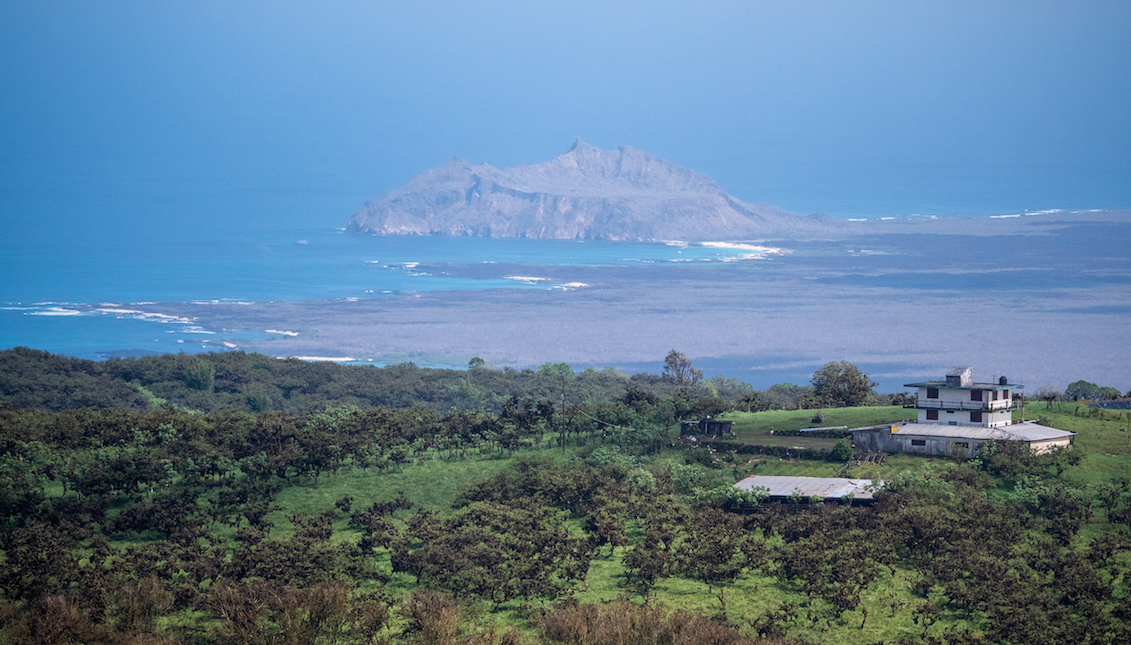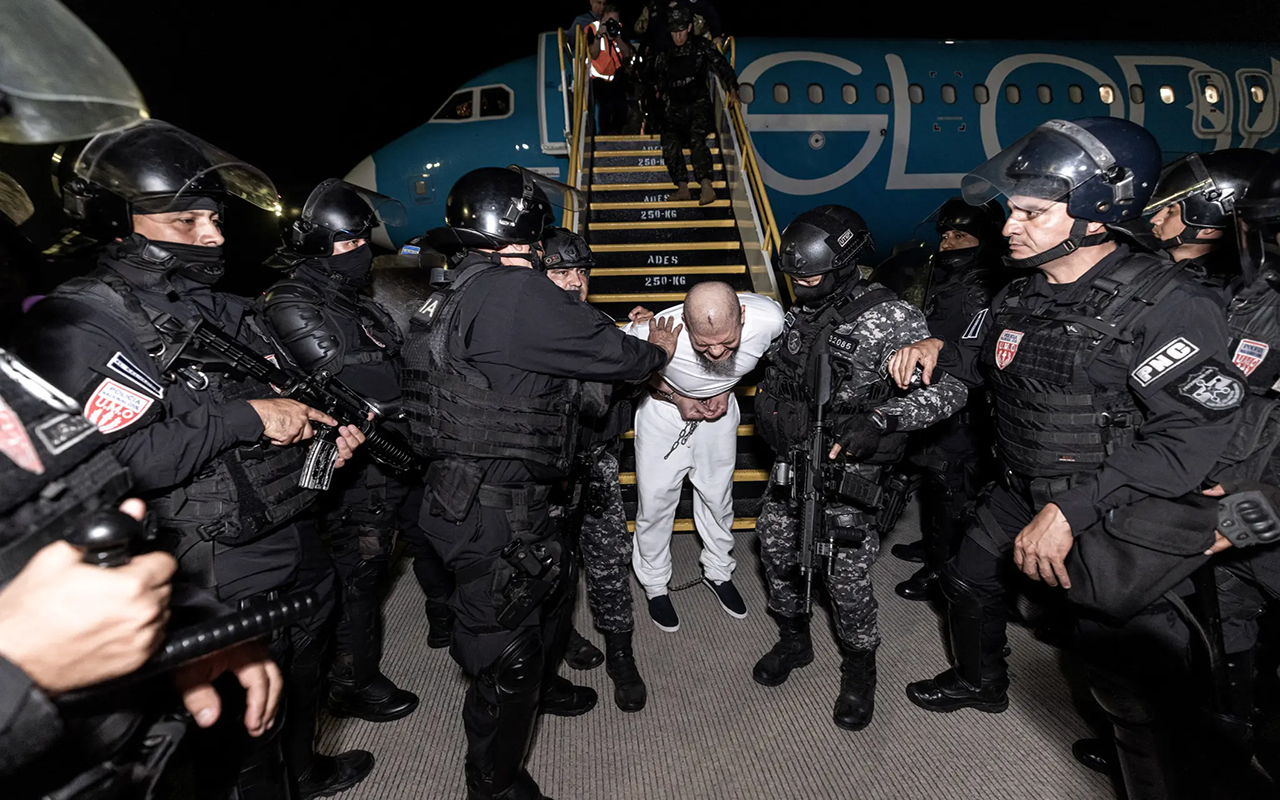
Galápagos: The new U.S. military base in Latin America?
Ecuador has allegedly granted permission to the U.S. Army to use one of the largest islands of the Galapagos as a refill and scale point for aircraft intended…
Did you know that the United States has around 76 military bases in Latin America?
Well, now they want one more.
According to reports from the Ecuadorian government, both countries have reached a preliminary agreement for the Pentagon to use the small airport on the island of San Cristóbal to "fight drug trafficking."
The Ecuadorian defense minister, Oswaldo Jarrín, said that "a Boeing 707 aircraft of the U.S. Air Force with radar surveillance and a Lockheed P-3 Orion aircraft will patrol the Pacific Ocean," in order to detect possible ships used for drug trafficking and illegal fishing.
The announcement has unleashed a strong criticism, especially by those who adhere to the mandates of the Ecuadorian constitution introduced by former President Rafael Correa to avoid the "interventionism" of the North American country.
RELATED CONTENT
"Galápagos is NOT an 'aircraft carrier' for gringo use," Correa wrote in his personal Twitter account, quoting the words of the defense minister. "It’s an Ecuadorian province, a patrimony of the humanity, patriotic ground."
This is the statute assigned to the territory by article five of the Ecuadorian Constitution of 2008, which establishes the country as "a territory of peace, where the establishment of foreign military bases or foreign installations for military purposes is not allowed."
However, the new government of the country has defended the strategy by ensuring that "a base means permanence," but that the authorization for the use of an airport implies that U.S. aircraft "will meet in periods of no more than a week.”
For many, the decision recalls the participation of the United States in World War II and the collateral effect that brought to the Ecuadorian territory in the Pacific when, after transforming the Island of Baltra into an airfield, "they bombarded and destroyed everything without leaving anything for the Ecuadorians,” as Telesur remembers.
For Raúl Capote Fernández, the reappearance of the United States in the region could be a consequence of "the resurgence of the Monroe Doctrine, evoked by Tillerson when he warned about the threat to the democratic values of the United States, represented by the commercial presence of China and Russia in the region.”
Meanwhile, activists have warned about the risk of damaging the biodiversity of the Pacific volcanic archipelago, a World Heritage Site according to UNESCO.










LEAVE A COMMENT: